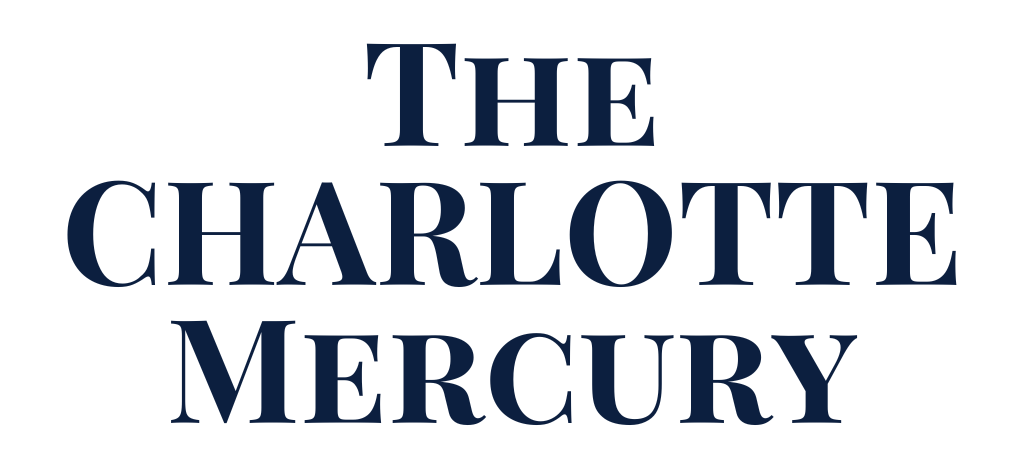
By Jack Beckett | The Charlotte Mercury
A Session Ends, but the Budget Doesn’t
After nearly four months of wrangling, North Carolina’s Republican-led legislature ended its fall session Wednesday without approving a full state budget, leaving teacher and state-employee raises, Medicaid funding, and a raft of tax provisions unresolved.
The House and Senate remain deadlocked over three issues: when to trigger new tax cuts, how to fund a proposed children’s hospital backed by UNC and Duke Health, and whether to pass additional stopgap measures to close the growing gap in Medicaid provider payments. The new fiscal year began July 1; lawmakers now expect no comprehensive deal until 2026.
What the House Tried to Do
House Speaker Destin Hall convened two sessions this week to pass a trio of bills aimed at buying time. One measure mirrored the chamber’s spring budget plan: an average 6.4 percent raise for teachers, 2.5 percent for most state employees, and 13 percent for correctional and law-enforcement officers, along with bonuses and a cost-of-living adjustment for retirees.
Those pay increases, however, would not take effect unless a full budget is later enacted—something both parties concede is unlikely before the new year. “This bill is literally just posturing,” said Rep. Lindsey Prather (D-Buncombe), calling the effort symbolic while agencies brace for continued uncertainty.
The House also voted to restore Medicaid funding that state health officials said ran short on Oct. 1, triggering automatic provider-rate cuts. One proposal would tap Medicaid reserve funds to prevent the reductions; another would bar the governor from adjusting rates without legislative approval. The chamber even tacked on a measure to remove Planned Parenthood as an eligible Medicaid provider—an addition that mirrors the Senate’s own earlier bill.
What the Senate Refused to Do
Senate leader Phil Berger (R-Rockingham) and his caucus adjourned before considering any of the House’s new measures, insisting they had already advanced their own versions months earlier. Senators argue that Hall’s team is ignoring a broader compromise that ties Medicaid rebase funding—the money needed to maintain current coverage levels—to a “Back the Blue Act” providing law-enforcement raises and funds for the long-planned children’s hospital system.
In 2023, both chambers approved nearly $320 million over three years for the hospital and $420 million for the related N.C. Care Initiative. Most of that money remains unspent. Hall now questions the project’s feasibility and says it will get no support “unless we have a comprehensive budget deal.”
The Senate’s most recent spending proposal also included roughly $2.8 million for civilian positions in the State Highway Patrol and 6.5 percent raises for General Assembly and Insurance Department officers—offers the House declined.
Democrats, the Governor, and the Fallout
Governor Josh Stein (D) backed the House’s reserve-fund bill, calling it a “partial fix” that would at least delay cuts affecting hospitals and nursing homes. “People across North Carolina rely on Medicaid for their health care, and they need the legislature to step up,” Stein said in a statement Tuesday.
Senate Democratic Leader Sydney Batch said her caucus would return “at a moment’s notice” to pass emergency Medicaid funding if Republicans could agree. “Our communities are counting on us to make sure they have a doctor to see when they need it,” Batch said.
For now, state agencies continue to operate under the previous year’s spending plan. Provider cuts remain in effect, pay raises are frozen, and both chambers have left Raleigh—possibly until after the holidays.
The Bigger Picture
Behind the stalemate is a dispute over how much revenue growth the state should expect, and how aggressively future tax cuts should reduce corporate and individual rates. The Senate wants to accelerate those triggers; the House argues that doing so would crowd out long-term health and education spending.
The fiscal impasse leaves nearly 3 million Medicaid enrollees and tens of thousands of state workers in limbo, while the political blame game intensifies ahead of a 2026 election cycle already taking shape. Until a new compromise emerges, North Carolina enters the new year without a budget, without raises, and without clarity on whether its Medicaid system can absorb another round of cuts.
About the Author
☕ Jack Beckett writes politics for The Charlotte Mercury—usually over two cups of strong coffee and one ill-timed refill. When he’s not chasing budget footnotes, he’s refilling at Einstein Bros. on South Boulevard and asking strangers what they think of tax triggers.
Find more Mercury reporting at cltmercury.com — a privacy-first newsroom built for readers who prefer facts over feeds. Explore News, Politics, and our special election hub “Poll Dance 2025” for everything from mayoral showdowns to Mecklenburg’s 1-cent transit-tax vote.
You can always message us on X (yes, Twitter — we call it Twix) at x.com/queencityexp.
The Fine Print
Curious about how we run this operation? Check out Privacy Policy, About Us, Terms of Service, Media Kit, and Contact Us.
Creative Commons License
© 2025 The Charlotte Mercury / Strolling Ballantyne
This article, “No Deal in Raleigh: NC Lawmakers Leave Town With Medicaid Cuts, Pay Raises and Tax Plans in Limbo,” by Jack Beckett is licensed under CC BY-ND 4.0.
“No Deal in Raleigh: NC Lawmakers Leave Town With Medicaid Cuts, Pay Raises and Tax Plans in Limbo”
by Jack Beckett, The Charlotte Mercury (CC BY-ND 4.0)
